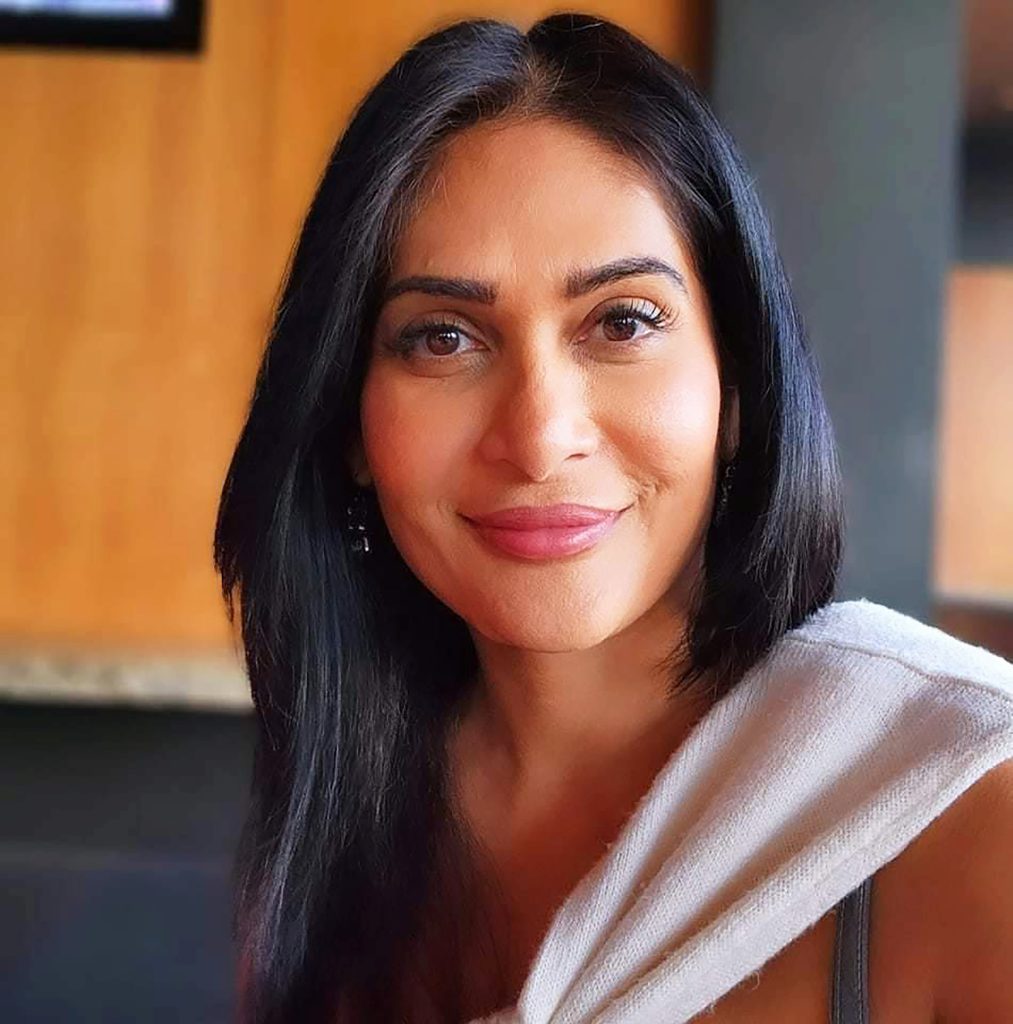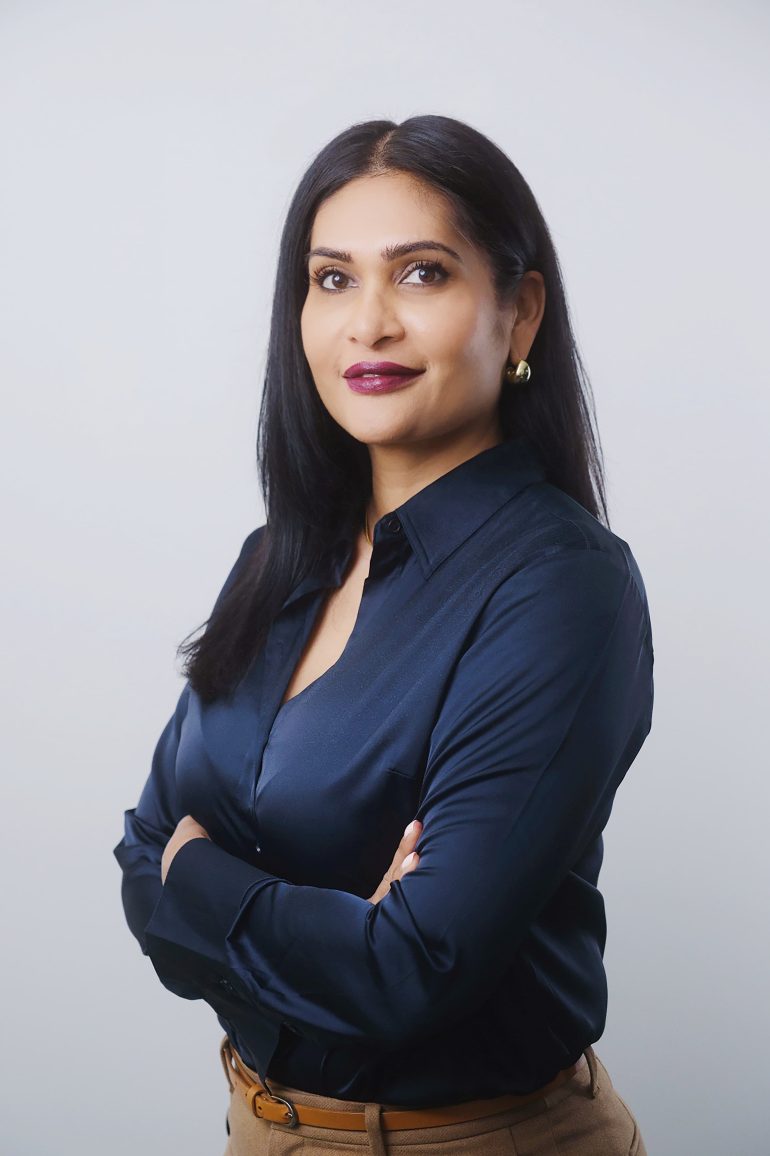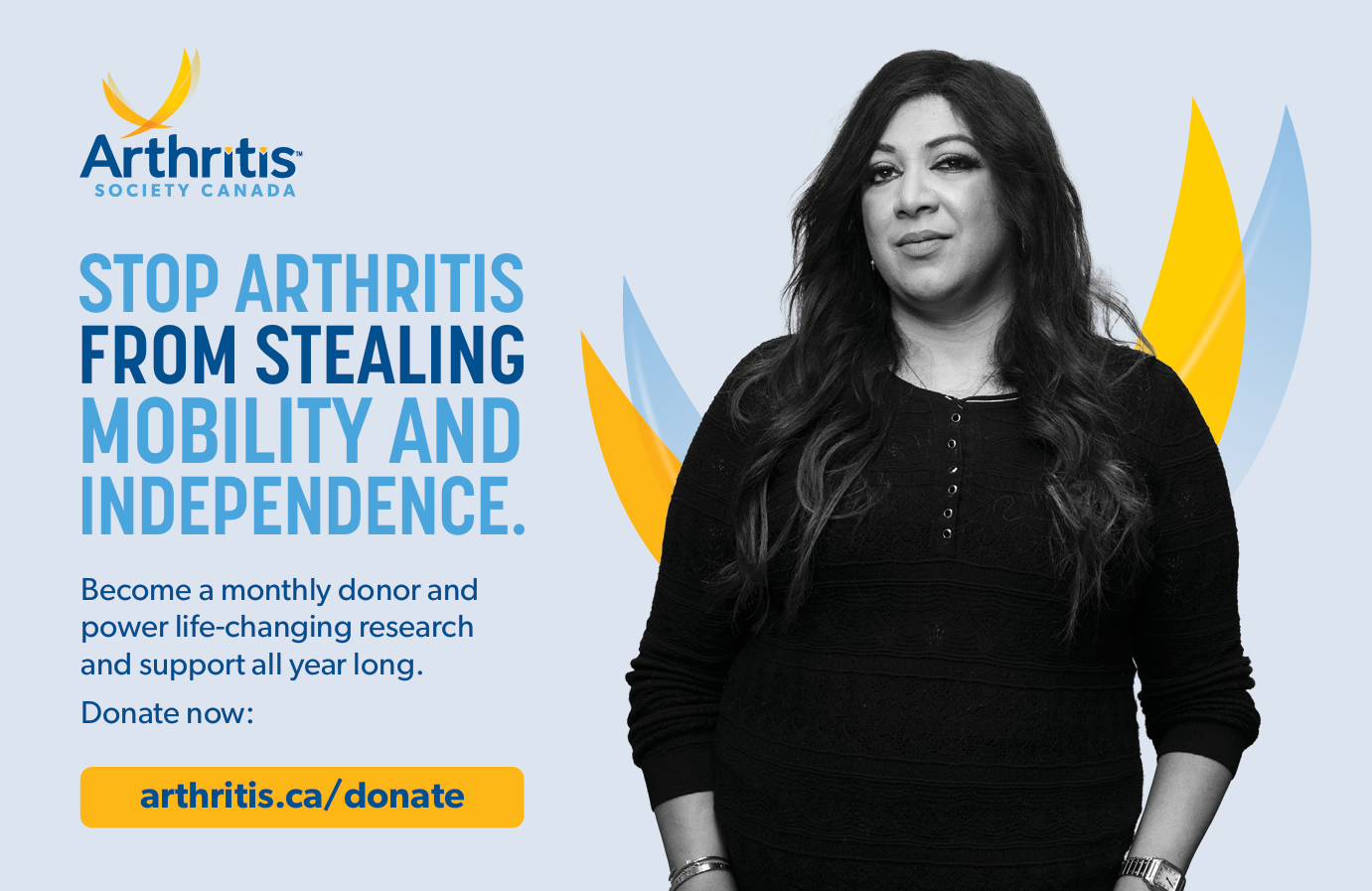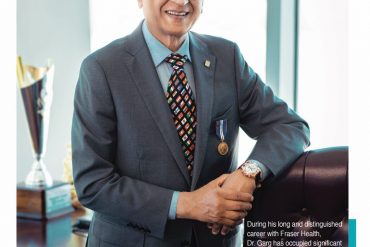Mita Naidu is a first-generation Bengali immigrant settler and single mom, raising two teens, and caring for her mother.
As a leader in communications and equity work, she is constantly reflecting upon her place in the world. “Positioning myself in terms of power and privilege, is important to me,” she declared. “I have advantageous class and caste roots. I am female, dark-skinned, able-bodied, educated, housed, and healthy. I have had mentors. I am employed. I have citizenship. I speak the language that allows me to move freely in my city. I have had opportunities. I have hope. I have succeeded and struggled. I have won and lost. I have enjoyed and endured life.”
Her life path developed early. Her mother shaped it, as did three other very important things: her longing to understand the world, a passion for engagement, and a deep sense of responsibility to others.
But as she journeyed along this path she was always full of questions: “Why did my teachers never encourage me to speak up? Why were the kids amazed when I hit a home run in the gym—especially the boys? Why did kids call me Paki? Why did I always shrink myself to fit in?”
Questions like these formed daily in her young mind, and were encouraged at home.
“My parents met at Yale while studying history and politics. One Bengali and one Telegu, they were privileged in many ways. Both were children during the Independence movement in India. Both were committed to justice—even as children. However, as Fulbright scholars abroad, both were called racist slurs, and both were disrespected and humiliated. So both began to write, teach, and fight for equity and inclusion at a time when these ideas sat on the fringes, just as they did.”
Within this academic family context, Mita’s interest in deep anti-oppression thinking developed in her early 20s, when she was exposed to writers like bell hooks, Himani Bannerji, Audre Lorde, Lee Maracle, Toni Morrison, Edward Said, James Baldwin, Vandana Shiva, and so many more. These writers expanded her worldview and taught her that her concerns and questions were indeed necessary to unpack and dismantle.

“I carried this critical lens into my leadership roles in academia, nonprofits, government, and as a consultant. Thirty years later, I have built a framework that feels right for me, my family, and my career in communications. However, I would never tell any young woman entering the career world that this path is straightforward. That would be unfair and untrue. Being in traditional colonial institutions means un/conscious bias and barriers are part of the deal. Merit doesn’t always ensure success. Leading teams is complicated, especially if you are a racialized woman. I lead three of them, and every day, my strategy shifts. I do not have a work-life balance—instead, I dance. And the choreography between joy, resistance, boundaries, and rest- changes daily. This is the nuance many of us have to understand.”
At 52, she gives herself the grace to build equitable spaces, tell authentic stories, and lead collaborative projects, while still pursuing joy.
“I can oppose systemic oppression and still be hopeful. I can address power and privilege while still being rooted in love. I can be a critical thinker and still care for humanity. I can recognize intersections of struggle and still be rooted in intersections of potential. I can push us out of our comfort zones and still respect the individual journey.”
Along with this idea of nuance, Mita has been a mentor to many, and truly believes leadership begins in relationship with others. “We cannot guide others without care, consent, connection, and a certain level of advocacy. So, I engage with others in formal places like my Boards and my work, but also in informal spaces that we often don’t see as important to change-making: popular media, social media, the arts, and the one place I consider the most vital—my home. For me, family is the nexus of this all.”
At 91, her mother’s voice still guides the way. Leena reminds everyone daily not to stop going deeper and reflecting on ideas and to continue to disrupt, engage and inspire.
“She is bold. I am nuanced. She thinks women can do it all. I think we shouldn’t have to. She wants me to ‘lean in’ more. I want to listen more. Degrees, publications, and pensions define her idea of success. Mine, by community, collaboration, and trust. BUT… our passion for wanting systemic change is the same. Our vision to center voices from the margins is the same. Our passion for challenging the status quo is the same. Our desire to understand people in their full humanity, agency, and power—is the same.”
Mita’s gratitude and admiration grows, as her mother’s legacy and leadership continues to open hearts and minds. Leadership for this family is truly matriarchal and aspirational.




